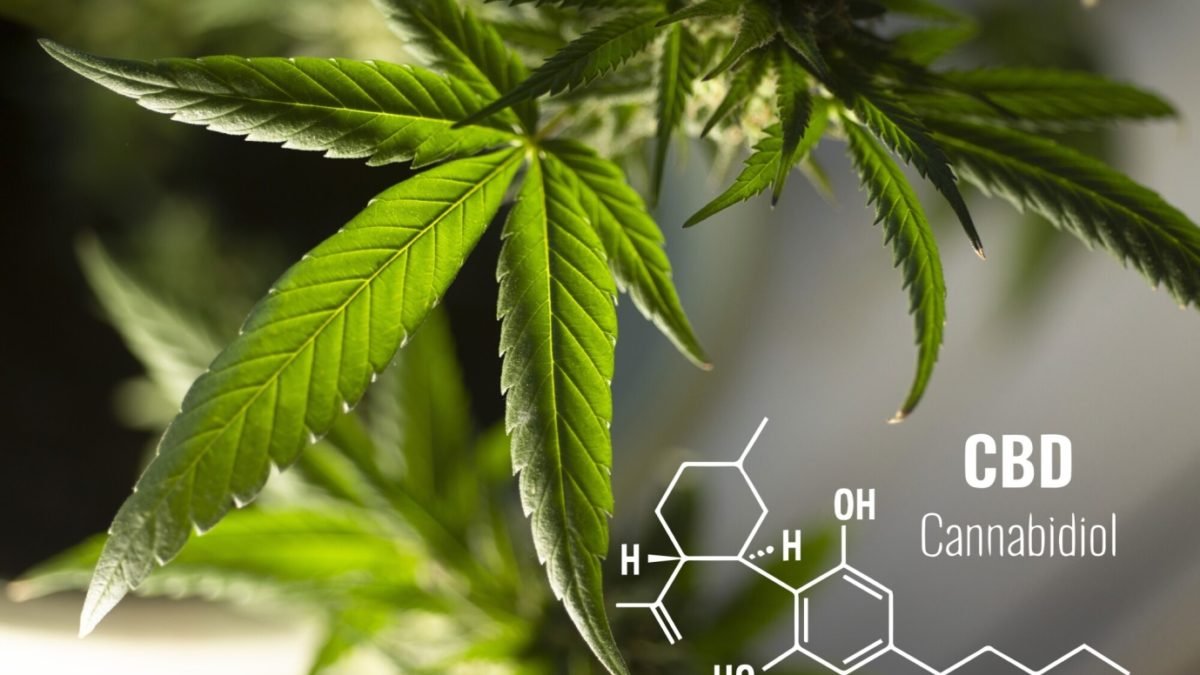At least one in every seven adults in the US use CBD-infused products. CBD use is also becoming prevalent among young users, especially around the Western US. 40% of these users say CBD products help relieve pain, while 20% use them for anxiety.
The use of CBD-infused products is proliferating because of good reasons. However, not everyone is aware of this. Moreover, the FDA is still doing research to give a definitive stand on hemp, even though it legalized hemp back in December 2018.
So, what does CBD do to the brain? Why is it common among patients with chronic pain, stress, or anxiety? Read on to find out more.
There is a good reason why doctors may recommend doses of CBD oil from Vitabiotics to patients with a psychiatric disorder. The antipsychotic property of CBD means it can help reduce cognitive decline by slowing down brain cell deterioration, unlike THC.
But how exactly does this happen? What does CBD do to the brain to treat mental health disorders?
CBD has anti-inflammatory properties that reduce brain damage caused by inflammation. It does this by preventing oxygen build up around any tumor.
Also, CBD compound increases protein levels in the brain to remove plaques and dead cells, especially if you have Alzheimer’s. This enhances both memory and human brain function.
2. What Does CBD Do to the Brain to Enhance Mood?
CBD is a great remedy for people with anxiety disorder as it can help improve mood and induce calmness. By doing so, it can also ward off stress and help treat a psychiatric disorder.
Generally, the human body relies on the endocannabinoid system for emotional responses. This system contains anandamide as its primary molecule. A significant drop in anandamide levels is what causes low mood and anxiety.
Moderate CBD doses can enhance anandamide levels and signaling to ease symptoms associated with a mood disorder. CBD also increases serotonin levels, the hormone responsible for regulating mood in the body.
3. CBD Optimizes the Performance of Cannabinoid Receptors
The human body has natural cannabinoids that exist in two forms known as CB1 and CB2. The CB1 receptors are prevalent in the brain and help regulate mood, memory, and thinking. CB2 receptors are mainly in the immune system and associate with pain and inflammation.
When you take CBD, the compound doesn’t bind to these receptors. Instead, they interrupt their signal transmission, communications that tell your brain when you’re in pain. This interruption helps relieve chronic pain and inflammation altogether.
If your brain doesn’t focus on the pain caused by the inflammation, the injured tissues will likely heal faster.
CBD Is Safe, and It’s Here to Stay
Unlike the notorious THC compound, CBD is safe for use because of its antipsychotic property. It doesn’t pose any addiction risk no matter how long you use it. Moreover, there is no scientific evidence that suggests otherwise, which is why the FDA approved it.
Faking CBD can offer you many health benefits. However, before using any CBD-infused product, do thorough research on “what does CBD do to the brain.” It will also help if you talk to your doctor first.
Read more articles on this site to understand better how CBD interacts with the human brain’s function.
Related posts
Subscribe Now
* You will receive the latest news and updates on your favorite celebrities!
Meet the Author

Gillion is a multi-concept WordPress theme that lets you create blog, magazine, news, review websites. With clean and functional design and lots of useful features theme will deliver amazing user experience to your clients and readers.
Learn moreHOT TOPICS
Categories
- Animals (6)
- Business (576)
- Cooking (3)
- Design (17)
- Education (59)
- Entertainment (62)
- FASHION (89)
- Fashion (38)
- Featured (19)
- FOOD (42)
- Guide (55)
- Health (290)
- HOME (181)
- Interior (14)
- Life (8)
- Lifestyle (111)
- Motivation (6)
- News (47)
- People (4)
- Photography (5)
- Review (4)
- Style (4)
- TECH (176)
- Travel (107)
- Uncategorized (1,171)



Stay connected